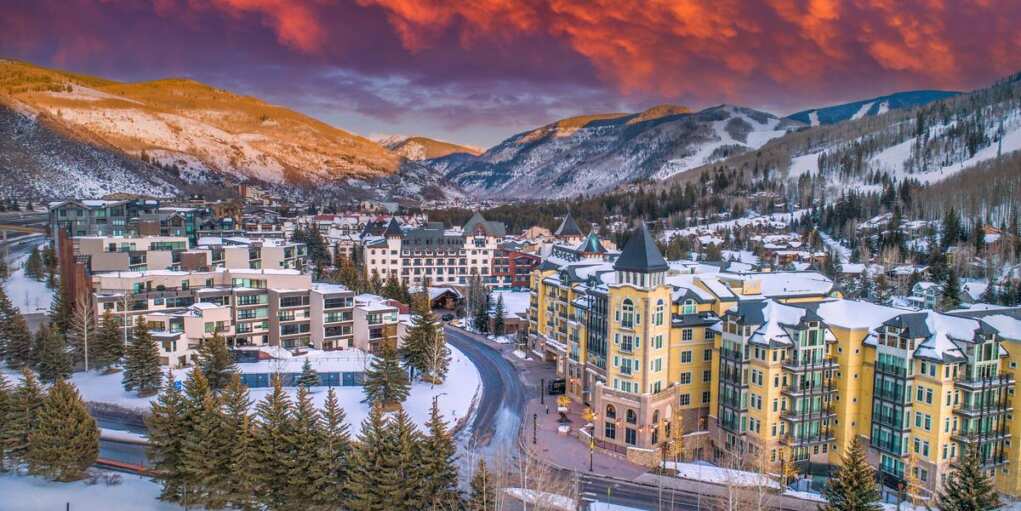Trump Launches Legal Blitz Against Colorado Over Sanctuary Laws

President Trump’s Department of Justice is suing both the state of Colorado and the city of Denver, claiming their sanctuary laws violate the Constitution’s Supremacy Clause by interfering with federal authority over immigration enforcement.
The lawsuit, filed Friday in Colorado District Court, argues that local policies restrict cooperation with U.S. Immigration and Customs Enforcement (ICE), including refusals to hold illegal immigrants until federal authorities can take custody. According to the DOJ, these policies have allowed dangerous elements like the Venezuelan gang Tren de Aragua (TdA) to gain a foothold in the Denver suburb of Aurora.
While local officials claim Trump is exaggerating, they admitted that a large apartment complex had indeed been “terrorized” by individuals with gang affiliations. That same complex was shuttered earlier this year due to safety concerns.
The lawsuit names Colorado Governor Jared Polis, Denver Mayor Mike Johnston, Colorado Attorney General Phil Weiser, and the state legislature as defendants. DOJ officials say Colorado’s sanctuary-style laws have obstructed ICE’s operations, preventing federal agents from effectively apprehending and deporting illegal aliens.
In a statement, Governor Polis’ office pushed back on the characterization, insisting that Colorado is not officially a sanctuary state and that it regularly collaborates with law enforcement agencies across all levels. “If the courts say that any Colorado law is not valid, then we will follow the ruling,” said Polis spokesman Conor Cahill, while refusing to comment directly on the lawsuit’s claims.
This isn’t the first time the Trump DOJ has gone to court over sanctuary policies. Similar lawsuits have been filed in Chicago and Rochester, New York, as part of the administration’s sweeping crackdown on cities and states that refuse to cooperate with federal immigration enforcement.
The legal complaint highlights the administration’s broader effort to restore law and order in areas it claims have been compromised by progressive immigration policies. Republican lawmakers in Congress have ramped up pressure on Democratic-led cities, summoning mayors from Denver, New York, Boston, and Chicago to testify before the House Oversight Committee. The mayors, however, have pushed back, calling their cities safe and blaming the federal government for the country’s broken immigration system.
ICE has frequently cited cases where local law enforcement failed to hold dangerous illegal immigrants despite detainer requests. Trump officials argue that such failures not only embolden gangs like TdA but also put everyday Americans at risk.
Supporters of the lawsuit argue it’s about reasserting national sovereignty and restoring respect for immigration laws that have long been ignored. Acting Assistant Attorney General Adam Gustafson said, “When states refuse to cooperate with federal immigration law, they don’t just undermine national policy—they put citizens in danger.”
As the case unfolds, legal experts expect a fierce fight in the courts. Sanctuary jurisdictions have been a flashpoint for years, and Trump’s legal challenges aim to force a reckoning over what role, if any, local governments should play in the nation’s immigration enforcement apparatus.
Whether or not the courts strike down Colorado’s laws, one thing is clear: Trump is making good on his vow to go after sanctuary policies wherever they exist. And in this administration, the lawsuits are just getting started.

